
Introduction
The United States of America, the land of the brave and the home of the free, is a nation uniquely defined by its people. It’s critical to remember that we, the people, are the heart and soul of this great country. Our nation’s greatness isn’t merely measured by the might of our military; it’s also seen in the courage and determination of our citizens to stand against tyranny and injustice throughout our history.
Our journey as a nation has been marked by the steadfast use of the law and our Constitution to hold corrupt leaders accountable. This has been the work of countless individuals who have stood up for what is right, embodying the true essence of heroism. Their actions, however, were not met without challenges. They faced being shamed, ridiculed, and mocked, yet they persevered in their efforts to keep powerful entities in check.
This spirit of bravery and determination is a legacy that began with our fight for independence from the powerful British monarchy. It was further fueled by the first Great Awakening in the 1700s, which planted the seeds of freedom, independence, liberty, and the right to pursue happiness.
For over 250 years, it is through the unwavering courage and persistence of the American people that our laws and Constitution have stood firm. The ability to make our foundational laws and governing principles work is a testament to the strength and character of the American populace. It takes immense bravery and persistence to uphold these ideals, ensuring that they continue to guide our nation.
However, a pressing question arises: What happens when our Constitution and our laws are under attack? The significance of our Constitution and laws cannot be overstated, for they are the bedrock of our unity as Americans. These foundational elements provide the common ground upon which our national identity is built. If these are compromised or if trust in them is eroded, what then remains as the basis for our unity?
The Constitution and our laws are not merely documents or sets of rules; they embody the very core of our national ethos. They ensure that the principles of liberty, freedom, and justice are not just aspirational ideals but lived realities for all Americans. In moments when these principles are threatened, it becomes imperative for us to unite more strongly than ever.
Our unity as a nation is deeply intertwined with our shared values of our laws and respect for our Constitution. It’s what defines us as Americans. In times of challenge, remembering and reinforcing these bonds of unity is crucial. It’s a call to all of us to stand together in defense of the principles that have so long defined and strengthened our great nation.
The American
It is important to never forget our heritage and what makes us truly unique in the world. The American spirit of free thinking, innovation, and liberty has set us apart from other civilizations. Our resilience and determination are evident in the way we push back against adversity. Our nation has been forged through struggles and hardships, and these experiences have only made us stronger and brought us closer to our beliefs.
We are not defined by our skin color, but by our shared values of freedom, liberty, and the pursuit of happiness. Our history is a testament to the bravery and courage of ordinary people who rose up against the world's most powerful nation and created a new nation based on these values. The Constitution of the United States of America serves as the living embodiment of our common goals and aspirations, uniting us as one proud and true nation.
We are not owned by anyone, and every inch of our land is ours…. Never forget..
Our American heritage is something that has been fought for, bled for, and sacrificed for, and it is our duty to ensure that it is never lost. We must never forget the sacrifices of our forebears and the values that they fought to uphold. We must remember that we are the guardians of our nation's history and heritage, and that it is our responsibility to preserve it for future generations. Never Forget…
United We Stand, Divided We Fall
The term "divisive" or "division" has become a common refrain within the MAGA community. "You're being divisive" or "you're causing division" and “your causing drama” are phrases often heard. But what does this really mean? As part of a free society, we have the right to express ourselves freely, including our opinions and ideas.
Disagreeing with others' opinions and ideas is not inherently divisive or causing division and drama, even within the MAGA community. With over 350 million Americans, each with their own thoughts and opinions, it is natural that we will have differing views. So long as these expressions are within the bounds of the law, specifically our Constitution, our freedom of expression should not distract us from our shared goal of unity.
What is unity as an American?
Before delving into the roots of division, it’s imperative to grasp the essence of unity as it pertains to “We the People” and the fabric of the United States of America. Unity among us is predicated on principles that transcend our diverse backgrounds. It is immaterial which religion one follows, the nature of one’s personal beliefs, the political ideology one subscribes to, or the color of one’s skin.
The foundation of our national ethos lies in our unified dedication to freedom, liberty, and the pursuit of happiness—principles enshrined in the Constitution. Far from merely serving as a blueprint for governance, the Constitution represents a solemn agreement between We The People and our government. It is not a set of rules for the citizenry to follow, but a mandate for the government to safeguard our rights, ensuring that our liberties remain intact and inviolable in our collective journey towards a shared destiny.
However, when ideologies emerge that challenge the very core of these ideals and the constitutional framework designed to protect them, we are faced with a fundamentally different type of division. Such ideologies do not merely represent a difference of opinion; they pose a direct threat to the principles that underpin our nation’s unity.
Identifying and understanding these divisive forces requires a nuanced comprehension of what it means to be united. Only with this understanding can we effectively confront and mitigate the sources of division. It is one thing to harbor disagreements within the wide spectrum of beliefs that make up our national discourse. Yet, supporting ideologies that actively undermine our Constitution and laws stands in stark contrast to the spirit of unity that defines us.
The Seeds of Division
In many parts of the United States, every level of governance is plagued by corruption, tyranny, and overreach, leaving many Americans feeling helpless, angry, and isolated. These feelings of helplessness, anger, and isolation are precisely what the enemy wants us to experience.
Helplessness
Our internal enemy wants us to feel helpless so that they can present themselves as the solution and convince us that we don't need to worry about anything.
Anger
They want us to feel angry because anger clouds our judgement, decreases our understanding of others, and drives us towards isolation.
Isolation
They want us to feel isolated because it prevents us from taking action by creating division between citizens, families, and communities.
Helplessness, anger, and isolation are the perfect ingredients to prevent We the People from exerting control over our country. These tactics have been used for decades and even centuries to separate people from God, our own sovereignty, and our rights. The failure cascade of this process can be seen in our own country and throughout history.
Hopium, the Gateway Drug to Division
Anger, helplessness, and isolation can manifest in various ways within movements, particularly when narratives create false hope. This phenomenon is evident in our movement, where unfulfilled narratives often result in profound feelings of disillusionment. The adage “too good to be true” indeed holds weight and warrants deeper scrutiny. When narratives sound overly optimistic or idealistic, it raises suspicion and calls for rigorous analysis.
Suspicion arises when a narrative, especially one that seems to perfectly align with one’s hopes or ideologies, doesn’t materialize. The subsequent disappointment can hit hard, leading to feelings of helplessness and isolation. This is compounded when such narratives are continually pushed without tangible results, creating a cycle of hope and disillusionment.
A critical approach, one that involves deep analytical logic, is essential in evaluating these narratives. It’s important to question and analyze the feasibility and grounding of any narrative or theory, especially those that seem to offer easy solutions to complex problems. Applying logical and analytical thinking helps in discerning the reality and practicality of the claims being made.
Deception and Distraction
“Look here, not there.”
Our discussion has explored how feelings of helplessness, anger, and isolation can impede our collective governance and undermine national unity. We have identified unity as aligning with the constitutional values of freedom, liberty, and the pursuit of happiness. Now, it’s crucial to delve into the underlying causes of division: deception, distraction, and the lure of ‘hopium’ – false hope.
Deception and distraction are potent tools of division, often used to induce feelings of helplessness, anger, and isolation. However, it’s important to understand that these emotions are often based on manipulated narratives; we are not inherently helpless, nor should we be unjustifiably angry or isolated. The addition of ‘hopium’ – offering unrealistic or unattainable expectations – further complicates this landscape. This false hope can be just as damaging, leading to disillusionment and further division when the promised outcomes fail to materialize.
In the realms of societal and political conflict, these tactics of deception, distraction, and hopium are particularly effective. They serve to weaken our collective resolve and distract us from addressing real and pressing issues. Deception involves spreading falsehoods or presenting half-truths, while hopium plays on our desires and fears, promising easy solutions or outcomes without a basis in reality.
Recognizing these tactics is the first step in countering them. We must remain vigilant against false narratives and promises that seem too good to be true. By focusing on facts, realistic goals, and constructive actions, we can come together, grounded in the truth and the foundational principles of our nation.
Assault on our Founding Principles
So why is it me who seems divisive? The real question should be, why do I feel like the lone voice recognizing a direct assault on our foundational principles? Why does it seem I’m the only one perceiving the problems these theories within our own movement could exacerbate over time? The ideologies promoted by these theories are among the most un-American I’ve ever encountered. For instance:
Commander-in-Chief Role Misinterpretation: The theory falsely separates the President’s role as Commander-in-Chief from their executive function, contravening the Constitution which clearly unifies these roles in the office of the presidency.
Erosion: This misconstruction undermines the constitutional structure of executive power and the checks and balances system. It degrades the trust that the constitution is adequate enough to rectify government overreach on his own so long as it’s reinforced by We The people.
Continuity of Government Misrepresentation: By inaccurately claiming current application of COG protocols for political ends, the theory misrepresents emergency measures intended for national crises.
Erosion: This misrepresentation distorts the purpose of COG, eroding public understanding and trust in legitimate government continuity plans.
Law of War Manual Misuse: Using the Law of War Manual to justify political theories misapplies a document intended for international military conduct, not domestic political maneuvering.
Erosion: This misuse leads to a misunderstanding of legal guidelines for warfare, confusing them with domestic governance. Promotes dictatorship, degrades the power We the People have and reinforces government solutions when it’s the same government that has over reached.
War Powers Act Misapplication: Allegations that the War Powers Act was used for declaring war for personal or political objectives misconstrues its intent and legal boundaries.
Erosion: This misapplication undermines the legal framework for military engagement and presidential war powers. Declaring war on its own citizens, last time that happened many people died, and it was from our first Civil War. Trump avoided this.
Erosion of Constitutional Remedies for Election Disputes: Claiming constitutional suspension in the context of election results negates the established legal pathways provided by the Constitution for resolving electoral disputes.
Erosion: This undermines the constitutional right to legal recourse and faith in the process of fixing our electoral process.
Suppressing Counterarguments and Dissent: The behavior of belittling, degrading, and banning those who present factual counterarguments stifles free speech and open debate.
Erosion: This suppression contradicts the constitutional principle of freedom of speech and the marketplace of ideas.
Narrative Control Excluding Rational Debate: Dominating discussions with unfounded theories while excluding factual perspectives creates a biased narrative.
Erosion: This undermines the constitutional principle of informed debate, essential for a healthy and functioning republic.
Narratives with no Opposition
Addressing the concerns about fringe theories and the recommendation by many to simply ignore them, it’s important to consider the broader implications of such a stance. Although it might appear as if these groups are just small, niche communities within the larger society, underestimating their impact could be a mistake. This is reminiscent of how terrorist organizations operate – they often consist of small cells, yet their actions can have disproportionately large and damaging effects.
Ignoring these groups and their theories might not be the most effective strategy. Historical and contemporary examples show that even small groups can influence public opinion, disrupt societal harmony, and in extreme cases, incite violence or civil unrest. The danger lies not only in their size but in their ability to spread misinformation, create echo chambers, and radicalize individuals.
Furthermore, the digital age has amplified the reach and influence of such groups. Social media platforms and online forums provide them with tools to disseminate their ideologies widely and rapidly. This can lead to a situation where these ideas, however unfounded or extreme, gain traction and acceptance among a larger segment of the population than anticipated.
Therefore, it’s crucial to actively engage with and counter such narratives. This doesn’t necessarily mean direct confrontation but could involve promoting media literacy, encouraging critical thinking, and fostering a culture of open, fact-based dialogue. Educating the public about the constitution, democratic principles, and the importance of the rule of law can also help in mitigating the influence of these groups.
While it might seem convenient to ignore fringe theories and groups, the lessons from history and the dynamics of modern communication suggest that a more proactive approach could be necessary to preserve the integrity of our democratic and social institutions.
The issue isn’t so much with outlandish theories and ideas themselves; these are a part of the broad spectrum of discourse. The real problem arises when there’s a suppression of counter-arguments, particularly in spaces that are meant to be open forums for discussion. Being excluded or silenced for offering a counterpoint is a hallmark of a cult-like following. This kind of behavior signals an environment where open inquiry and healthy debate are not only discouraged but actively stifled.
In such scenarios, the narrative is controlled to maintain a specific viewpoint, often leading to echo chambers where only one perspective is shared and validated. This not only limits the scope of discussion but can also lead to the radicalization of beliefs. Open forums should ideally encourage diverse viewpoints, fostering a culture of debate and discussion that is critical for the healthy functioning of a democratic society. Therefore, it’s essential to recognize and challenge situations where discourse is being unduly controlled or censored, especially when it comes to narratives that have significant implications for public understanding and opinion.
Navigating Challenges with Constitutional Integrity
In these challenging times, the importance of unwavering commitment to our constitutional and legal principles cannot be overstated. America's history is a testament to overcoming various challenges by relying on a strong legal system. However, it's also evident that sometimes this system has been manipulated to benefit certain groups, often at the expense of the larger population.
This misuse should not lead us to discredit the system entirely. Instead, our focus should be on utilizing this system for the greater good. Simple theoretical solutions to complex issues may seem appealing but often obscure real problems, create false hopes, and delay effective solutions.
Embrace practical solutions, not castles in the sky.
The core of this discussion is the prevalent reliance within our movement on speculative narratives and anecdotal analysis. While these can be useful in problem-solving, the issue arises when they become the sole basis of truth, especially when opposing viewpoints are suppressed or banned. This unchecked acceptance of speculative narratives and anecdotal evidence, without the balance of critical examination, impedes a clear understanding of our current situation.
Speculative narratives in this context make sweeping, unverified claims about significant governmental changes or shifts in power dynamics. Anecdotal analysis tends to interpret isolated events as definitive proof supporting these expansive theories. However, such narratives often lack solid legal or constitutional grounding, relying instead on conjecture and aligning with specific ideological or political biases.
It's vital to acknowledge that not everyone within our community subscribes to these narratives. Yet, their influence is undeniable, as they hinder an accurate comprehension of the challenges we face. Presenting alternatives grounded in legal and factual evidence frequently results in hostility, stifling essential debate and the development of realistic solutions.
Moreover, these speculative narratives have dominated discussions, consuming significant time and energy. The focus tends to be on perpetuating speculation and silencing dissent, which diverts attention from crafting practical and effective responses to our challenges.
While speculative narratives and anecdotal analysis have their place, their unchallenged dominance and the exclusion of counterarguments create a skewed perception of reality, leading to ineffective problem-solving and decision-making. It is crucial to foster an environment where diverse perspectives are welcomed and critically examined, ensuring a more balanced and informed approach to addressing our community's issues.
The question then becomes, where do we find common ground for unity? If we cannot align on our foundational principles and the rule of law, it's akin to seeking agreement on the precise shape of a wave in a tumultuous sea. Without a shared foundation, our attempts at consensus become as unpredictable and fleeting as the ever-changing ocean, challenging our ability to navigate through the storms of discourse and disagreement.
Summary
The true source of unity in the United States is anchored in our foundational principles, as laid out in the Declaration of Independence, the Constitution, and the Bill of Rights. These documents, embodying the values of freedom, liberty, and the pursuit of happiness, are fundamental to our national identity. Speculative theories, especially those related to the military's role and government continuity, pose a threat to these principles by distorting legal and constitutional frameworks. Such theories, along with the spread of deceptive 'hopium' or false hope, foster feelings of helplessness, anger, and isolation, thereby creating division.
Speculative narratives and anecdotal analysis present significant challenges by propagating misleading and unverified claims, often going unchallenged and excluding counter viewpoints. This not only skews perceptions but also hampers effective problem-solving. Adherence to our constitutional and legal system is crucial, despite its occasional misuse, as it is vital for ensuring collective good and effective governance.
Dealing with misinformation is complex, particularly when opposing viewpoints are suppressed, leading to an unbalanced understanding of issues and hindering the development of realistic solutions. The need for critical thinking and skepticism towards too-good-to-be-true narratives is paramount. Emphasizing informed and balanced discourse, grounded in constitutional and legal realities, is essential for maintaining the integrity of our democratic processes and national unity.






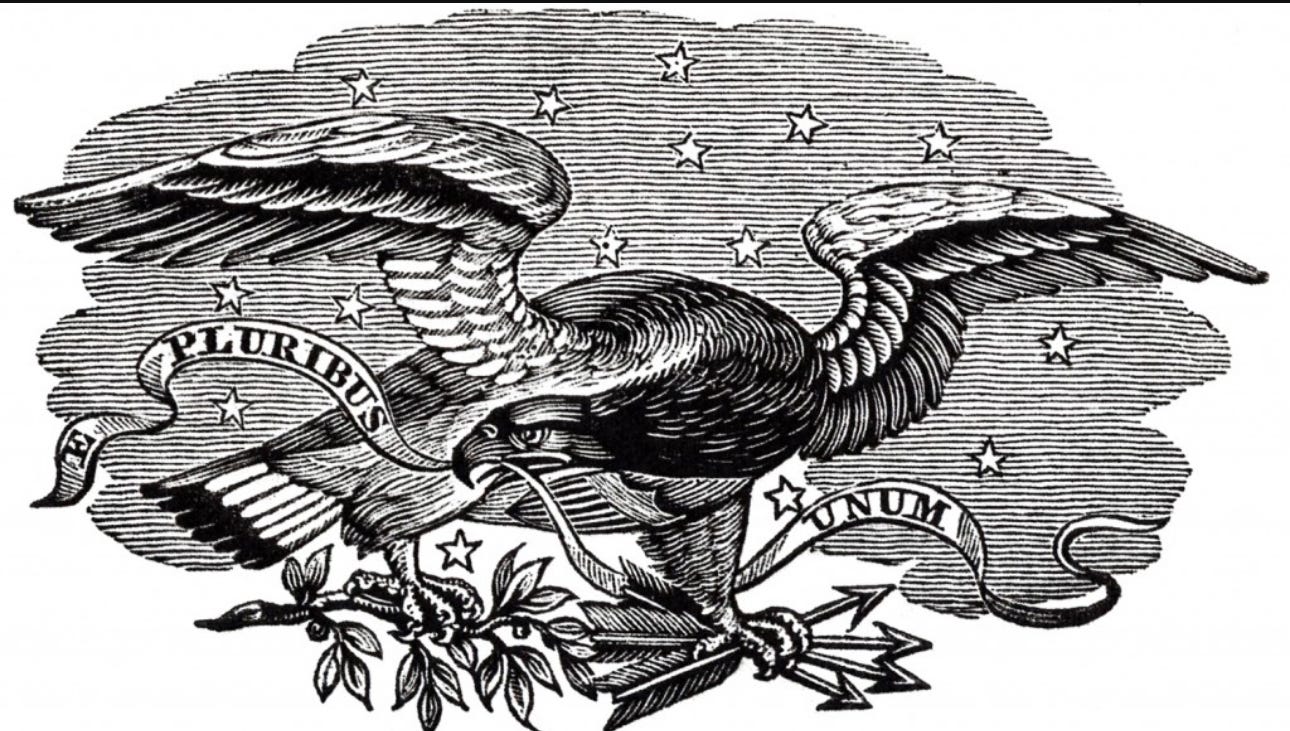

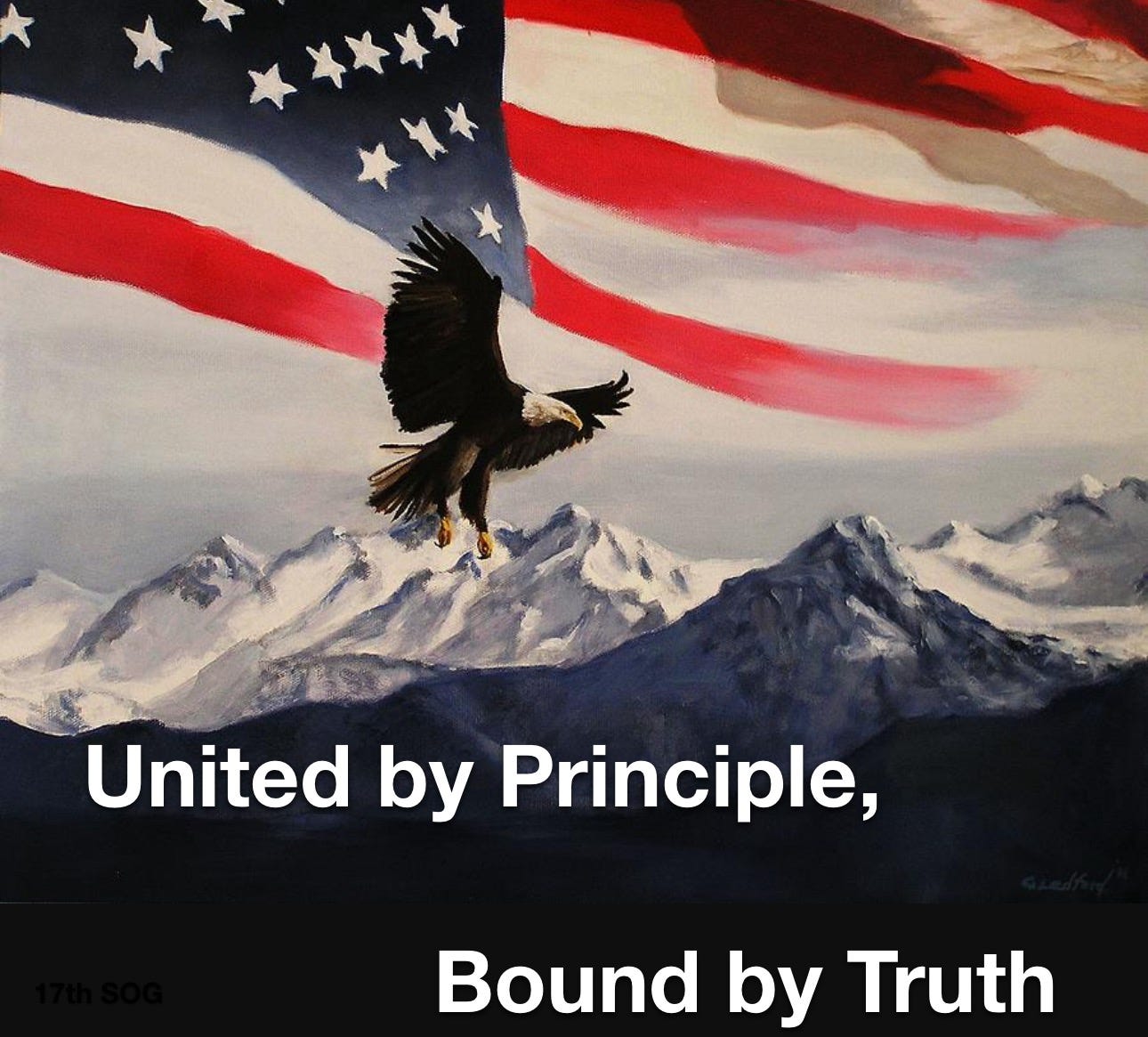
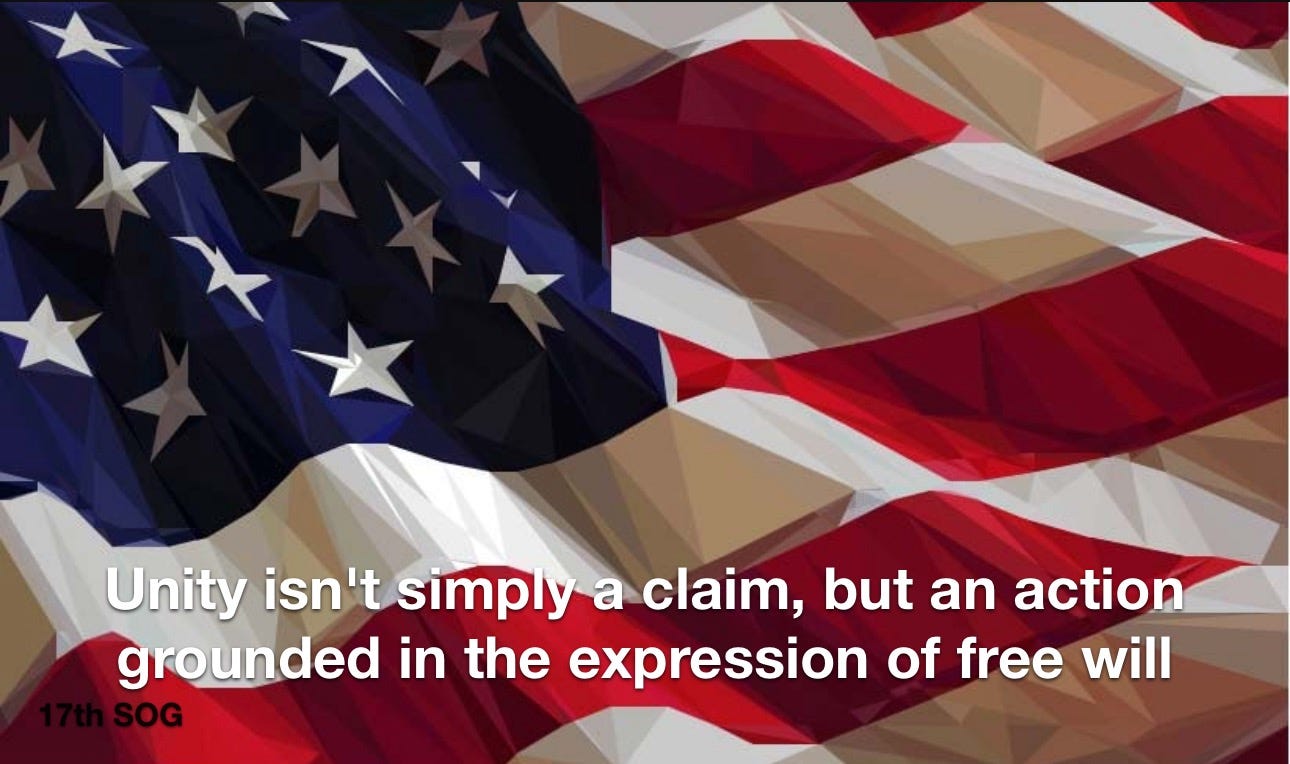


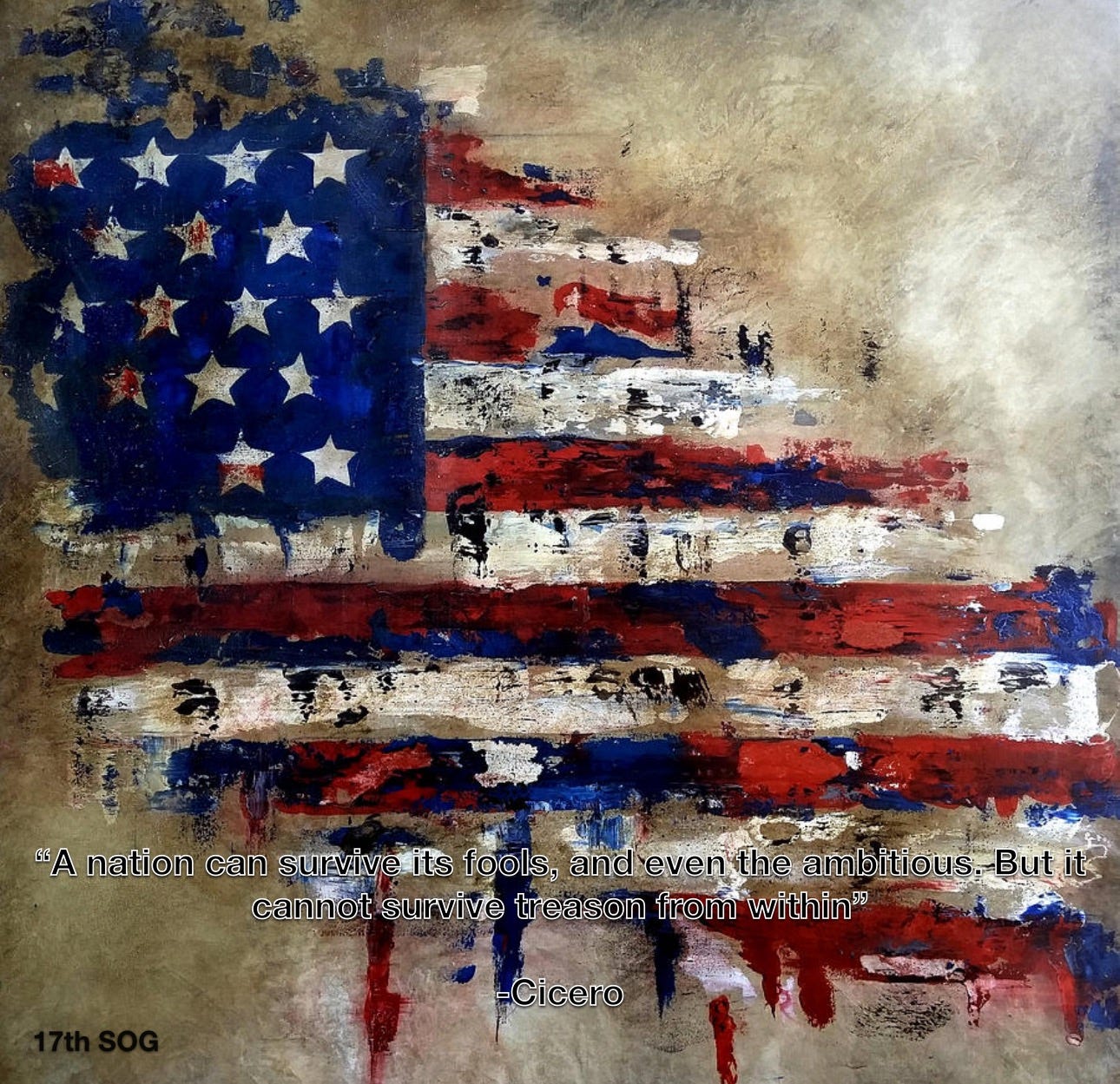

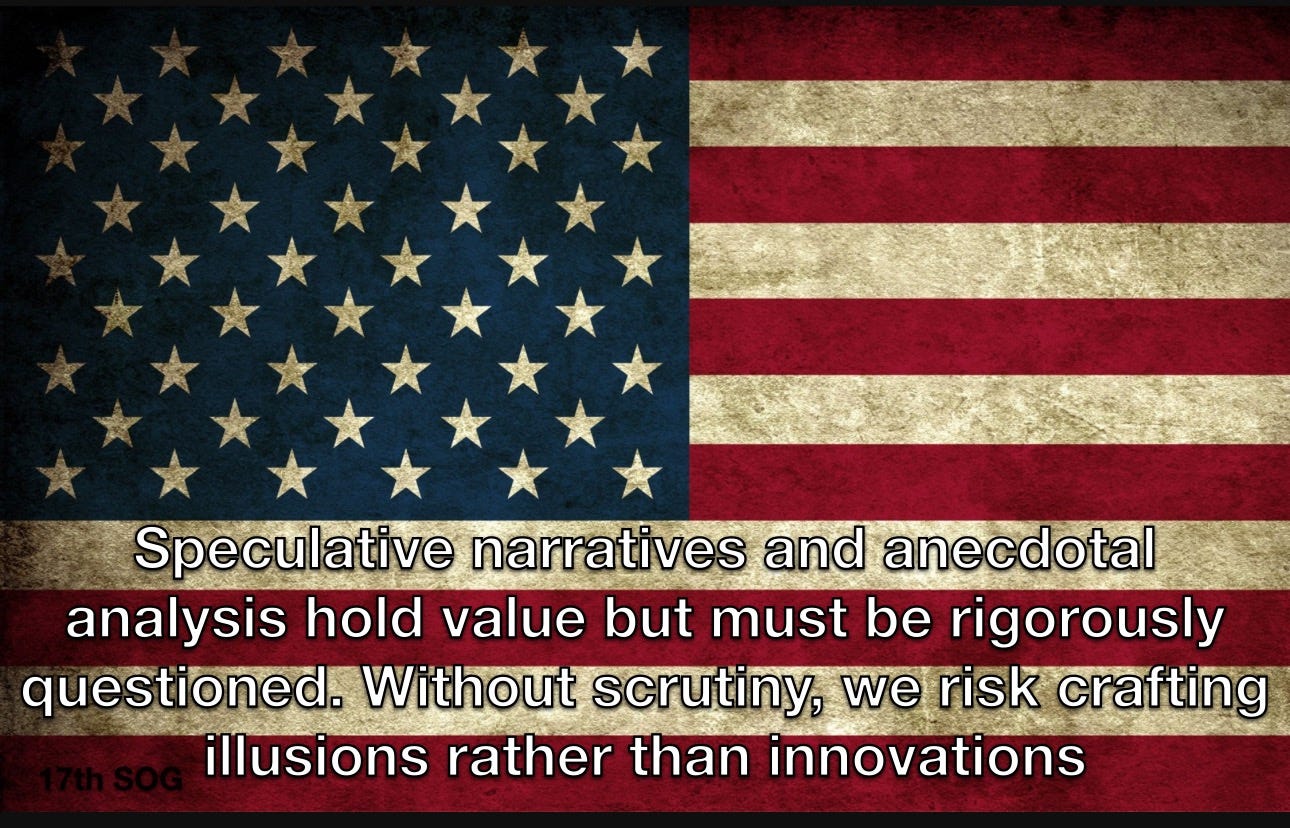











Excellent description of what our country is undergoing today and stressing the importance of the founding documents and the rule of law. Today’s government, particularly at the federal level, clearly demonstrates through actions, that it is not supportive of the citizenry, that it’s rife with corruption, separate punishments for different groups, directly supporting an invasion at the border, deliberately allowing criminals in the cities loose to rob, rape and murder, covering up crimes and out of control surveillance by the agencies to better control, etc., etc. This could escalate into a civil war and our true enemies are the unelected officials. This is not radical thinking….the news covers this daily.
You’ve described the need for discernment in all we absorb to ensure we don’t make decisions based on emotion, just using critical thinking and common sense. This is all true and it’s good to be reminded of what is at stake for us as individuals and as a nation. Thank you. God bless you.🙏🙏
Great job Sparty!!!👍👍👍👍